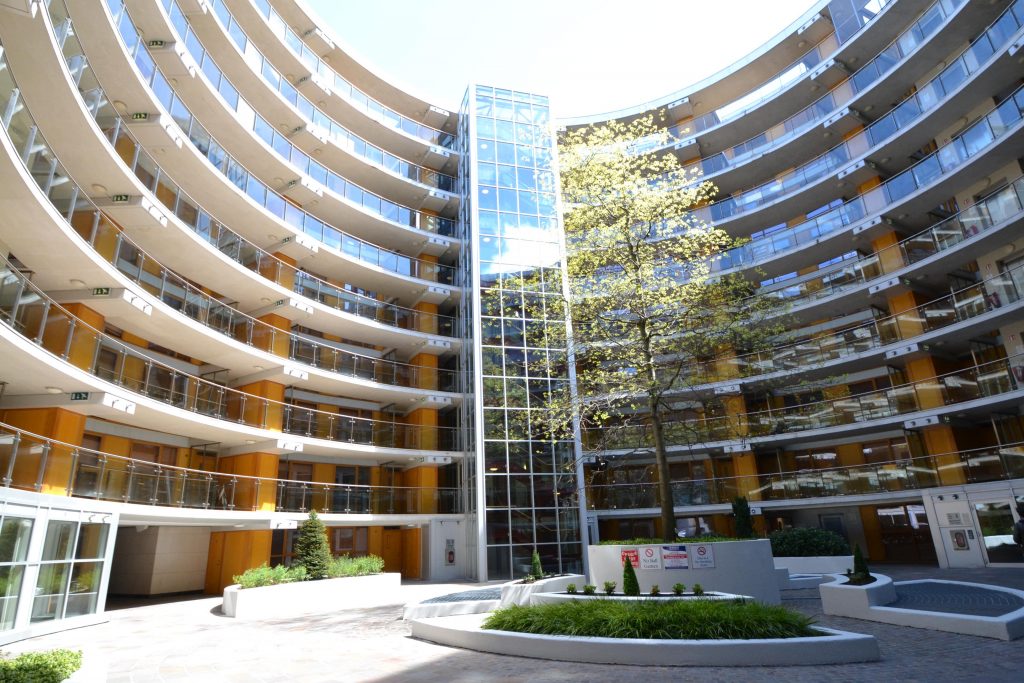
5 Fitzwilliam Way

5 Fitzwilliam Way

5 Fitzwilliam Way

5 Fitzwilliam Way

5 Fitzwilliam Way

5 Fitzwilliam Way

5 Fitzwilliam Way

5 Fitzwilliam Way

5 Fitzwilliam Way
Load More
Residential Faqs
Condensation / Mould Information and Prevention Addendum
We want to maintain a high-quality living environment for our residents. To help achieve this goal, it is important that we work together to minimize any mould growth in your dwelling. This addendum contains important information for you, and responsibilities for both you and us.
About Mould
Mould is found everywhere in our environment, both indoors and outdoors and in both new and old structures. Moulds are nothing new—they are natural microscopic organisms that reproduce by spores. They have always been with us. Mould spores (like plant pollen) spread through the air and are commonly transported by shoes, clothing etc. Mould can grow inside a dwelling when excess moisture is present so we must take appropriate precautions to prevent its build-up.
Preventing Mould Begins with You
To minimize the potential for mould growth in your dwelling, you must keep your dwelling clean and clear of damp and condensation—particularly at windows, in the kitchen, bathroom, on carpets and floors. Regular cleaning of surfaces under windows and glass doors prevents the build-up of condensation and the associated damp spots that allows mould to develop. Vacuuming and mopping of floors and cleaning of hard surfaces using a household cleaner are all important to remove the household dirt and debris that harbour mould. Throw away mouldy food immediately. It is common for tenants to mistake condensation for external damp but some simple tasks can prevent the accumulation of condensation. Remove visible moisture accumulations on windows, walls, ceilings, floors, and other surfaces as soon as reasonably possible. Look for leaks in washing-machine hoses and discharge lines—especially if the leak is large enough for water to seep into nearby walls. Turn on bathroom extractor fans before showering and in the kitchen before cooking with open pots. When showering, keep the shower curtain inside the bath, or fully close the shower door. Experts also recommend that after a shower or bath you (1) wipe moisture off shower walls, shower doors, the bathtub, and the bathroom floor; (2) leave the bathroom door open until all moisture on the mirrors and bathroom walls and tile surfaces has dissipated; (3) hang up your towels and bath mats so they will completely dry out. Promptly notify us in writing about any ventilation or heating-system problems you discover. It’s also good practice to open windows and internal doors periodically on dry days (i.e. humidity is below 50%) to help dry out humid areas of your premises. Promptly notify us in writing of any signs of water leaks, water infiltration, or mould.
Avoiding Moisture Build-up
To avoid mould growth, it’s important to prevent excess moisture build-up in your dwelling. Failing to promptly attend to leaks and moisture accumulations on dwelling surfaces, for example under windows, can encourage mould growth, especially in places where they might get inside timber, walls or ceilings. Prolonged moisture can come from a wide variety of sources, such as: • rainwater leaking from roofs, windows, doors, and outside walls; • overflows from showers, bathtubs, toilets, sinks, washing machines; • leaks from plumbing lines or fixtures, and leaks into walls from bad or missing grouting or caulking around showers, bathtubs, or sinks; • washing-machine hose leaks, plant-watering overflows, pet urine, cooking spills, drink spills, and steam from excessive open-pot cooking; • leaks from clothes-dryer discharge vents (which can put a lot of moisture into the air); and • insufficient drying of carpets, shower walls, and bathroom floors.
We can’t fix problems in your dwelling unless we know about them
If you fail to comply with this addendum, you can be held responsible for property damage to the dwelling and any health problems that may result.

